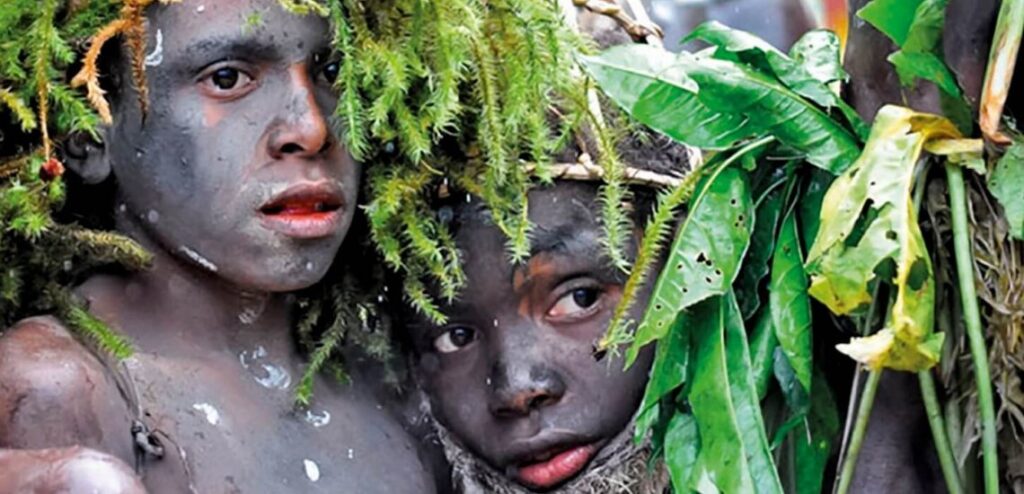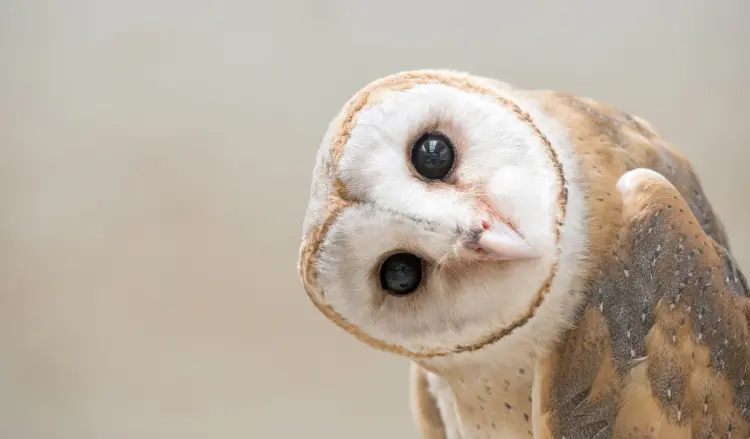Empowering Indigenous Peoples to manage and protect their local forests

Indigenous Peoples know their lands better than anyone, and nothing can replace their expertise in forest conservation. That’s why BirdLife and Partners are providing technical training and support for Indigenous Peoples, so that they can manage and protect their local forests for generations to come.
By Jonathan Wilson
When you think of forest conservation and governance, what images come to mind? Global treaties, national agreements and deforestation strategies such as REDD+, perhaps. But the role of Indigenous Peoples and their communities is a theme that seldom features in this shortlist. Possessing intimate knowledge of forest ecosystems, biodiversity and natural processes, individuals from Indigenous communities have a critical role to play in protecting forest landscapes across our planet.
Our planet’s forests face many threats. Deforestation, illegal logging, biodiversity loss and climate change combine to make their future precarious and uncertain. Many of the issues that surround forest-loss are highly complex, interconnected and operate at global and national scales. It is here where treaties, agreements and strategies such as FLEGT (Forest Law Enforcement, Governance and Trade) and REDD+ (Reducing Emissions from Deforestation and Forest Degradation) have key roles to play. But zoom in from the macro to the micro, and even greater opportunity exists for forest conservation in the form of Indigenous communities and people.
Acknowledged in the Paris 2015 Climate agreement that there is an intrinsic relationship between Indigenous Peoples and their environment, “for too long the role of Indigenous people as guardians of the forest and actors for forest protection has been overlooked” says Hum Gurung, Forest Governance Project Manager at BirdLife International. He believes that “initiatives and policies endure at the local level only if the people and communities that live and work there are put at the centre of the conservation efforts”.
This is certainly the case with the work of the European Commission-funded Asia-Pacific Forest Governance project that he leads. A 5-year project that brings together partners from the Philippines, Malaysia, Indonesia, Papua New Guinea and the UK, with its main aim to engage and enhance the involvement of Non-state actors in forest conservation. Indigenous People and communities are one such group that the project is working hard to support. One of the challenges that Indigenous People face when trying to support forest conservation action is often a lack of technical knowledge, experience, and wider political influence. The project aims to change this by training people on the ground, empowering Indigenous people to manage and protect their own forest.
An example of this approach in action, can be seen in the work Tenkile Conservation Alliance (TCA) has been doing with Indigenous communities in Papua New Guinea (PNG) as part of the Asia-Pacific Forest Governance project. “Logging and forest clearance for mining and oil palm plantations are the biggest threats to Papua New Guinea’s forests,” says Poshendra Satyal, Global Forest Policy Coordinator, BirdLife International. As part of the project “we have been supporting TCA’s work to empower, engage and educate local communities to manage and protect their forests in a sustainable way” he says. In practice, this has involved training Indigenous people in forest monitoring techniques, ground-based field surveys and land-use mapping. TCA has worked with over 50 villages in the Sandaun and East Sepik Provinces (PNG) and empowered more than 13,000 people with the skills and knowledge to act as better forest guardians for the landscape they rely on for their living and home. According to the World Bank, 97% of the forests found in PNG are owned by local people, village clans and Indigenous communities. This re-enforces the critical role this Indigenous people have to play in forest conservation efforts and supports the approach the Asia-Pacific Forest Governance Project is taking.
Indigenous People already know their local forests better than anyone, and offer a unique perspective on forest conservation. By equipping them with the technical knowledge needed to manage and protect these landscapes, they can improve the health of the environment and preserve invaluable ecosystem services for generations to come. Each and every person deserves to live on a healthy planet, which is why BirdLife is calling on the United Nations to include the right to a healthy natural environment in the Universal Declaration of Human Rights. This should be guaranteed by public policies and determined by sustainability, science, and traditional Indigenous knowledge. You can support this effort by signing our 1Planet1Right petition here.
More about the project
Title: Strengthening non-state actor involvement in forest governance in Indonesia, Malaysia, the Philippines, and Papua New Guinea
Lead Partner: BirdLife International
National Partners: Burung Indonesia (BirdLife Indonesia); Malaysian Nature Society (BirdLife Malaysia); Haribon Foundation (BirdLife in the Philippines); Tenkile Conservation Alliance (Papua New Guinea).
Training and Technical Partners: University of Papua New Guinea; Centre for International Development & Training
Funded by: European Union

Lead image credit: © Mark Hanlin, Tenkile Conservation Alliance
Stay up to date
Sign up to receive the latest bird conservation news. You’ll also receive updates about our projects, science and other ways to get involved including fundraising.
Thank you for your support, we are committed to protecting your personal information and privacy. For more information on how we use your data, please see our Privacy Policy. You can unsubscribe from emails at any time by using the link in the footer of any email from us.

